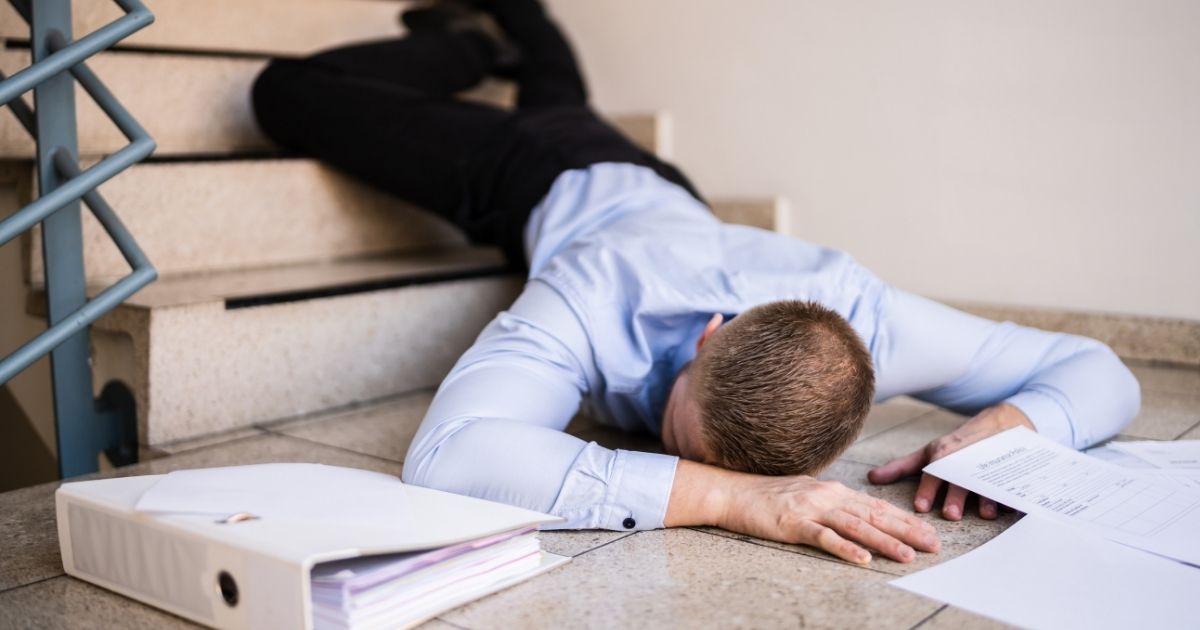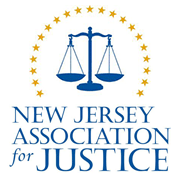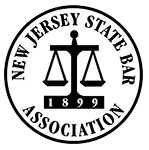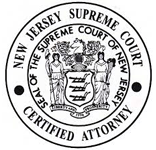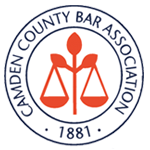Slip and fall accidents are some of the most common workplace accidents that occur in the United States. In fact, they are the second leading cause of unintentional injury-related fatalities in the workplace. These accidents can cause workers to suffer injuries ranging from minor cuts and scrapes to broken bones, traumatic brain injuries and paralysis. In extreme cases, a serious fall can cause a devastating fatality. Many of these injuries can be prevented if employers make safety a top priority and take the necessary steps to ensure that the work environment is free of hazards that can increase the risk of a slip and fall accident. If you suffered a serious injury from a slip and fall accident in the workplace, do not hesitate to contact the Cherry Hill workers’ compensation lawyers at Pietras Saracino Smith & Meeks, LLP.
How Common are Slip and Fall Accidents?
According to the Centers for Disease Control and Prevention (CDC), slip and fall accidents are the reason for over 8 million emergency room visits every year, and over 800,000 of those patients become hospitalized due to a serious fall injury. They are the most common type of workplace accidents, and they occur in every industry from construction and retail to the healthcare industry and office work. It should come as no surprise that slip and fall accidents are the leading cause of workers’ compensation claims in this country.
What Should I Do If I Am Injured in a Slip and Fall Accident?
If you were injured in a slip and fall accident in the workplace, it is important that you take the following steps so that you receive the benefits to which you are entitled:
- Seek immediate medical treatment. The most important thing to do after suffering a workplace injury is to seek medical treatment as soon as possible, particularly if your injury is severe or life-threatening. Even if your injury seems minor, it is crucial that you are examined by a healthcare provider as some injuries can take days or weeks to start showing symptoms. An accurate diagnosis will ensure that you receive the most timely and effective treatment, allowing you to miss fewer days of work. If you delay seeking medical treatment, your employer may try to argue that your injury was not work-related and that you are not eligible for workers’ compensation benefits.
- Gather evidence. Take pictures of the accident scene and write down exactly what happened while it is still fresh in your mind. If there are security cameras in the vicinity, request a copy of the footage. This will provide concrete evidence in case your employer tries to deny your claim.
- Report the injury. The next important step is to notify your employer about the accident and resulting injury. It is important that you report the injury to your employer as soon as possible. If you wait too long to report the injury, your employer may question the severity of your injury, or whether the injury was caused by an accident in the workplace.
- Talk to witnesses. If you were injured at work when there were other employees in the vicinity, ask them to provide information about what they saw and how the accident happened. Do not wait to obtain witness statements as employees become more difficult to track down if they change jobs or move away.
- Keep copies of your medical records. Make sure that you maintain detailed records of the treatment you received at an urgent care facility, hospital, or your primary care physician. This will help the claims process run much more smoothly.
- File a workers’ compensation claim. Workers’ compensation benefits are available to any employee who has been injured on the job, regardless of whether they were at fault for causing the accident. In order to collect these benefits, your employer, or its Workers’ Compensation insurer, must file a First Report of Injury form with the New Jersey Division of Workers’ Compensation within 21 days of being notified of your injury. If your employer does not file this report, contact a workers’ compensation lawyer who can assist you with the claims process and secure the benefits you deserve.
What Benefits Am I Entitled to for a Slip and Fall Injury?
Workers’ compensation benefits ensure that injured workers are reimbursed for medical expenses and lost wages caused by a workplace injury. The following are examples of the benefits you are entitled to when you file a workers’ compensation claim:
- All medical expenses associated with the slip and fall injury, including emergency room care, hospital visits, surgeries, diagnostic tests, prescription medication, physical therapy and medical equipment like crutches or wheelchairs.
- Lost wages, based on the severity of your injury and the amount of time you will be out of work. The following are examples of benefits you may be entitled to for lost wages:
- Temporary total disability: These are available if you are unable to work for a limited amount of time but expect to return to work on a full-time basis.
- Temporary partial disability: These are awarded if you can return to work, but you are not yet able to perform all of your job responsibilities. These benefits are temporary because it is expected that you will make a full recovery and resume all of your job responsibilities.
- Permanent total disability: These benefits are available if your injury was so severe that you are totally disabled, and you will not be able to return to work in any capacity.
- Permanent partial disability: These benefits are available when you have reached a maximum level of medical improvement, but you have impairments that prevent you from resuming all of your former job responsibilities.
- Death benefits: If you were involved in a slip and fall accident that resulted in a fatality, your surviving family members may be eligible for death benefits, which cover funeral costs and the deceased’s medical expenses. Death benefits also provide a percentage of the deceased employee’s wages. A skilled workers’ compensation lawyer will address any questions and concerns that the surviving family member have and ensure that they receive the compensation they deserve.
How Can I Avoid a Slip and Fall Accident?
Your employer has a responsibility to provide a safe work environment that is free of any hazards that could jeopardize your safety. However, there are steps that you can take to prevent a slip and fall accident, including:
- Keep your workspace clean, and free of any spills or debris.
- Wear the appropriate footwear for the type of work that you are doing.
- Make sure that the area is well lit.
- Notify your employer immediately if there are any spills, uneven flooring, ripped or torn carpeting or any other slip and fall hazard.
Cherry Hill Workers’ Compensation Lawyers at Pietras Saracino Smith & Meeks, LLP Represent Victims of Slip and Fall Accidents
If you were injured in a slip and fall accident at work, contact our experienced Cherry Hill workers’ compensation lawyers at Pietras Saracino Smith & Meeks, LLP. We will assist you with every step of the claims process, address all your questions and concerns and pursue the maximum financial compensation you deserve for your injuries. To schedule a free, confidential consultation, call us today at 856-335-7732 or contact us online. From our office in Cherry Hill, New Jersey, we represent clients in Camden, Cinnaminson, Delran, Maple Shade, Pennsauken, South Jersey and throughout the state.







